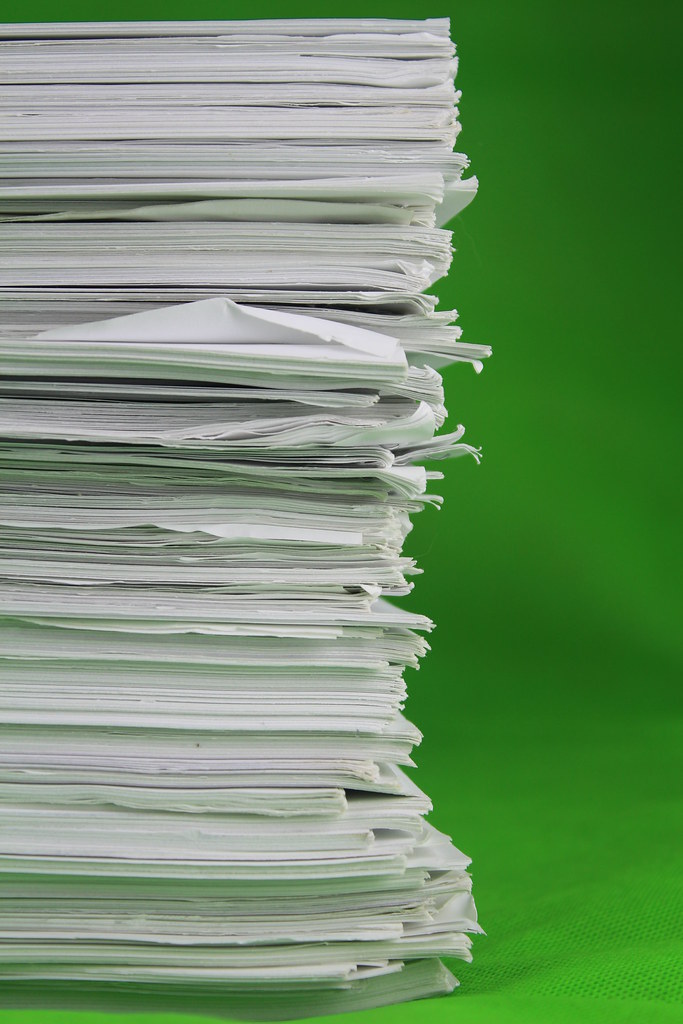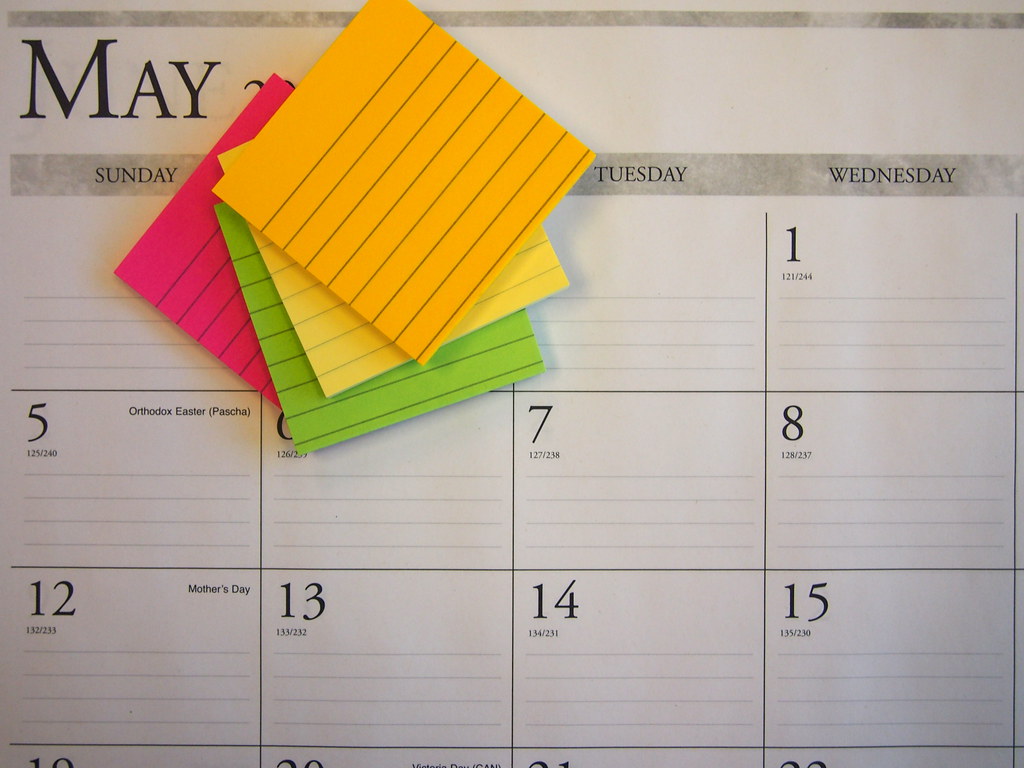Over three years ago, when I signed with my lovely agent, I was ecstatic—and pretty at a loss as to what to expect. While there are a lot of resources out there about how to get an agent and everything that entails, there's significantly less information about what happens after you finally achieve that goal.
Getting an agent is a huge accomplishment, so if that's you, and especially if it's a new thing for you, you should definitely be proud of yourself (and I hope you've celebrated!). But once the dust settles down, being a newly-agented writer can be a little nerve-wracking and nebulous.
The biggest thing I was worried about—even more than career and book stuff—was that I would become an annoying client and my agent wouldn't want to work with me anything. This was a silly fear—my agent is wonderful and has expressed on more than one occasion over the years how happy she is to represent me—but it's not an uncommon fear amongst newly agented writers. The idea that this massive thing you've
finally accomplish could just...go away is common in large part because brains are jerks and writers are often the anxious type to begin with.
So first of all, let me assure you, as long as you're not e-mailing your agent multiple times a day every single day and constantly demanding their time, your agent is not going to think you're too annoying to work with because you reach out to them. Having an agent is a professional relationship that requires communication. That means checking in with your agent if you haven't heard from them in a bit, or if you have news, or if you have questions. It
also means talking to your agent about your preferred communication styles—your agent can't know phone calls make you anxious so you're not likely to pick up the phone and call them, for example, unless you tell them.
Learning how to communicate and be open with your agent is actually great practice, because it's likely you'll have a similar relationship with your editor once you sell a book. One of the biggest things being in the publishing industry over the years has taught me, it's
if you want something, ask. Getting past my anxiety and asking my editor if
Beyond the Red could get a map is the only reason I saw my dream come true of getting a map for my book, and same goes for the glossary and (more unusually) some of the interior design elements.
So the first thing you should expect is to get used to communicating with your agent—and understand that it might take a while before you're comfortable enough to send an e-mail with little anxiety (if I'm being transparent, I really didn't reach that level of comfort until sometime late last year).
As for the actual steps that are next, that's going to vary depending both on your agent and your manuscript. If your agent is editorial, you may be spending the next several weeks (or even months!) revising your book before your agent deems it ready for submission. If your agent isn't editorial—or your manuscript is ready to go from the start—then you'll probably jump right to the submission stage and enter the glorious waiting for news period that is all too reminiscent of querying.
But in the quiet moments, when the high of reaching this milestone wears off, the thing to remember is you've accomplished something
huge. Getting an agent is a massive step toward turning your writing into a real career—and its one that a lot of people give up on before meeting. So be proud of yourself that you've made it this far—and get ready for more of the publishing rollercoaster ahead.
Twitter-sized bite:
So you just got an agent—now what? @Ava_Jae talks common fears and steps when you first get represented. (Click to tweet)















